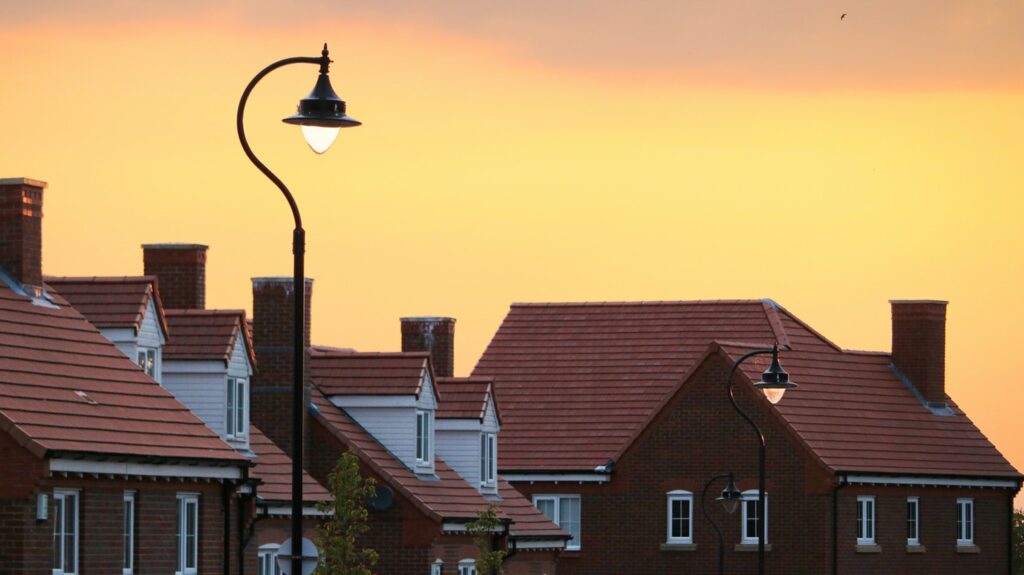The Highland Council’s current Developer Contributions Supplementary Guidance was adopted in March 2013. The Council is currently consulting on new Developer Contributions Supplementary Guidance. The consulation period ends on FRIDAY 9TH MARCH 2018.
The key proposals detailed in the Consultation Draft Supplementary Guidance are summarised below. The full consultation document can be accessed via this link: http://consult.highland.gov.uk/portal/dcsg?pointld=4660563
-
Development Viability
Where a developer considers that planning policy and contribution requirements render a development unviable, then they must justify this to the Council through the submission of a Viability Statement.
The Viability Statement should be prepared on an ‘open book’, confidential basis. All Viability Assessments must be carried out at the developer’s expense by an independent practitioner and suitably qualified Chartered Surveyor.
The Council will usually seek external advice to undertake a review of the submitted Viability Statement. This advisor is appointed by the Council at the applicant’s expense.
-
Schools
School capacity is a high priority for The Highland Council. All residential development of any scale (including single houses and affordable housing) are required to contribute towards new school infrastructure where insufficient capacity is identified (based on School Roll Forecasts).
The contribution rates for classroom extensions and new schools for Primary and Secondary schools is provided in Section 2 and Appendix 2 of the Draft Supplementary Guidance. In addition to a rate per unit contribution towards schools, The Highland Council is now also proposing to charge a land cost for the provision of new schools.
The following types of residential development are exempt from the school contributions:
– One bedroom homes
– Residential institutions
– Sheltered housing. Homes with an age related occupancy condition will not be exempt
– Developments with occupancy restrictions, secured by title or planning conditions that would prevent or reasonably restrict children of a school age to live there e.g. student accommodation/ tourist accommodation
-
Community Facilities
All residential development requires to contribute towards the enhancement or creation of new community healthcare facilities where insufficient capacity is identified. Contributions for indoor facilities are £1,009 per standard sized residential unit equivalent. Contributions for outdoor facilities and healthcare is calculated on a case by case basis.
-
Affordable Housing
Developments of four or more homes are required to contribute 25% equivalent of affordable housing in areas of need. 15% of the 25% affordable housing requirement must be ‘wheelchair liveable’.
The following types of residential development are exempt from affordable housing requirements:
– Residential institutions
– Development with an occupancy restriction (student accommodation/ tourist accommodation)
– Conversion of buildings to provide up to 10 homes within Inverness City Centre
The Council’s preference is for on-site provision of affordable housing, followed by off-site provision. The Council will only consider a commuted pament if it has been demonstrated that both of these options are not feasible.
-
Transport
All development will be assessed in terms of its impact on the transport network. Developments will be assessed on a case by case basis to determine if a contribution to the following is required to mitigate the impacts of a proposed development:
– Walking/ cycling provision and paths
– Safer routes to schools and road safety measures
– Public realm and wayfinding
– Public transport services and facilities
– Road improvements
– Parking, electronic vehicle charging, signals, lighting and road traffic orders
The Council is also proposing to introduce a requirement for cumulative transport contributions. The Council is proposing Cumulative Transport Contribution Zones. Each zone will support the delivery of a package of measures which are essential to the delivery of the Local Development Plan. The details of the contribution requirements within the zones are not specified in this consultation document.
Other Contribution Requirements
– Green Infrastructure: Residential developments of four or more homes require to contribute towards the provision of new/ improved off-site open space and/ or play areas where on-site provision is not possible. Contributions towards off-site provision will be calculated on a case by case basis.
– Water and Waste: (i) All development that could have an adverse impact on the water environment are required to off-set that impact and financial or in-kind contributions are occasionally required (ii) All commercial convenience retail developments and residential developments of 100 or more homes (or which significantly expand a settlement), create a need for new or improved recycling point provision. Smaller scale residential developments or 4 or more homes may also need a contribution towards enhanced provision. Contributions in the Inner Moray Firth Area are £7 per standard sized unit equivalent and £5 elsewhere in Highland.
– Public Art: National and major developments and developments on prominent sites or site of historic or cultural significance require to provide public art on site. Contributions towards off-site provision may, in exceptional circumstances, be acceptable.
– Community Benefit: Community benefit is a goodwill contribution voluntarily donated by a developer. It is for the benefit of communities affected by the development where this will have a long-term impact on local resources and the local environment. There is no legal requirement for a developer to offer a community benefit.
-
Contribution Payments
An up-front payment is encouraged wherever possible and for small scale developments.
Where a contribution has been made, developers will be able to reclaim any money not invested in the infrastructure it was required for after expiry of the following time periods from the date of last payment to the Council:
– Affordable housing commuted payments – 5 years
– All other types of infrastructure – 20 years
Developers must request a refund within 28 days of the these time periods expiring,
It is the responsibility of the developer to pay both their own and the Council’s legal costs associated with any legal requirements. The Council’s standard rate for preparing legal agreements is £1,000, however costs for more complex agreements are likely to be higher.
If you have any queries about this guidance and implications for your development proposals and land holdings, please contact Kerri McGuire, Head of Planning at Graham + Sibbald on kerri.mcguire@g-s.co.uk or 01463 236 977.






